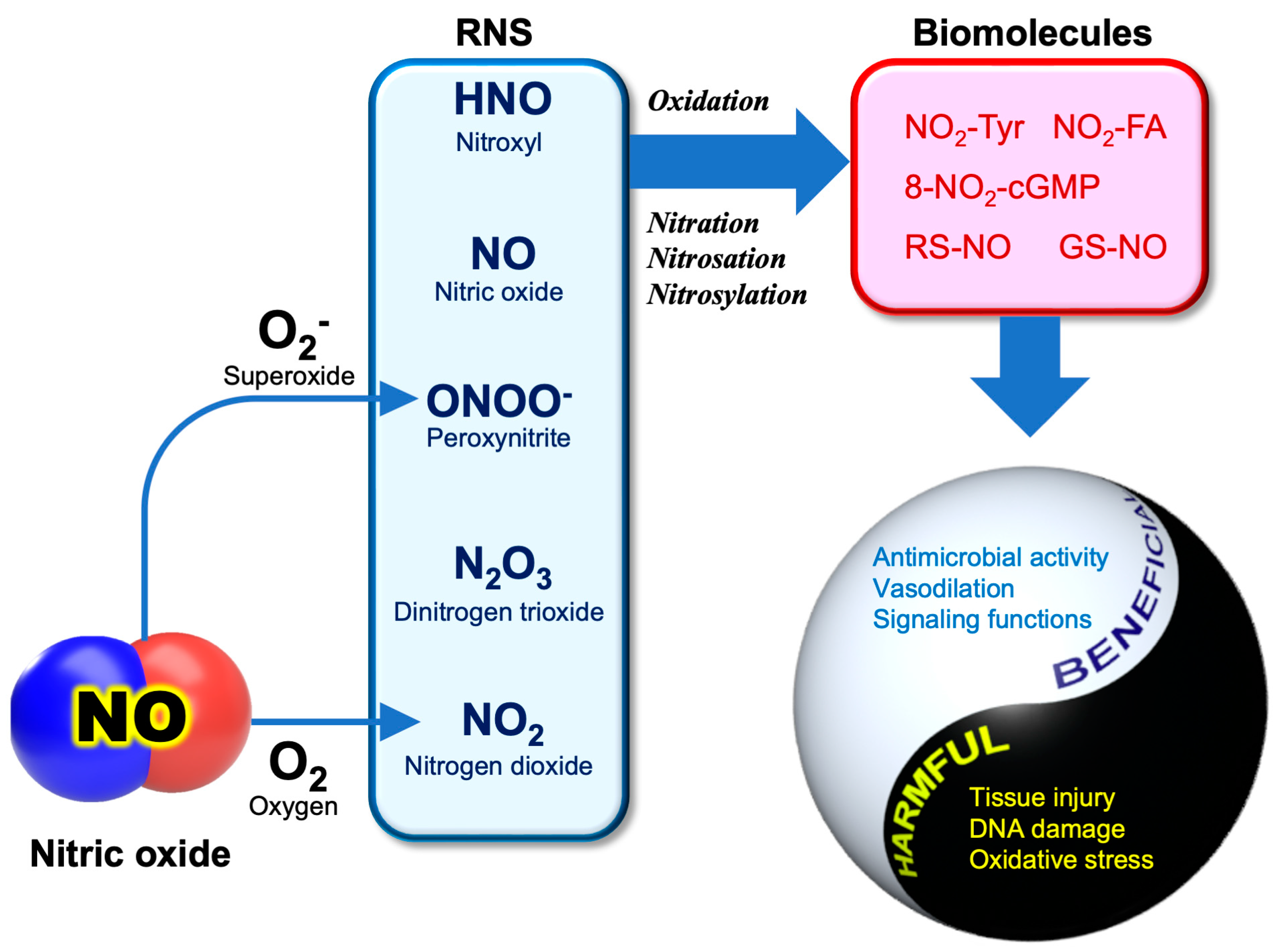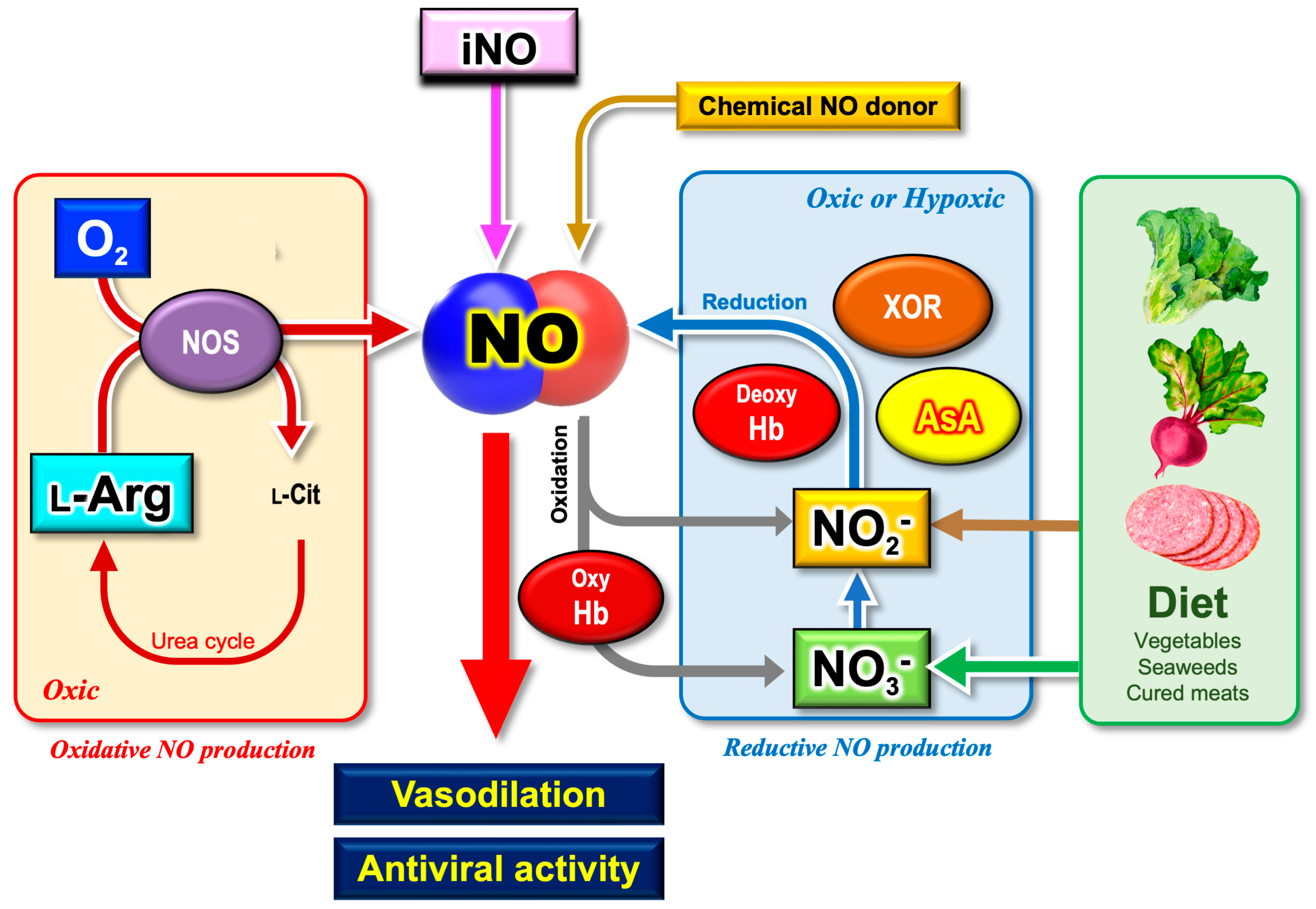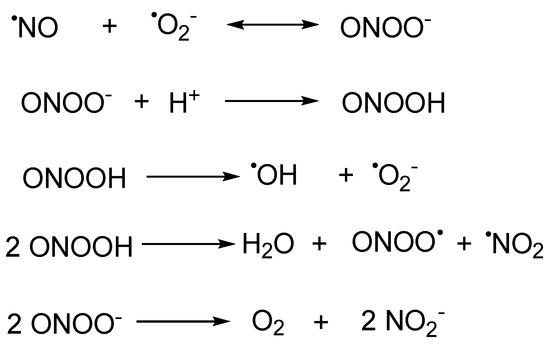Antiviral Activity of Nitric Oxide

Nitric oxide (NO) is a gaseous free radical that is largely produced by the enzyme NO synthase (NOS) in cells. NO produced by upper epidermal cells contributes to the inactivation of viruses and bacteria contained in air or aerosols. In addition to enzymatic production, NO can be generated by the chemical reduction of inorganic nitrite (NO2−), an alternative mechanism for NO production in living organisms. Dietary vitamin C, largely contained in fruits and vegetables, can reduce the nitrite in saliva to produce NO in the oral cavity when chewing foods. In the stomach, salivary nitrite can also be reduced to NO by vitamin C secreted from the epidermal cells of the stomach. The strong acidic pH of gastric juice facilitates the chemical reduction of salivary nitrite to produce NO. It is evident that NO exhibits substantial antiviral activity against many types of viruses, including SARS-CoV-2.

novncorporatepresentatio

Full article: Desipramine induces eryptosis in human erythrocytes

Inhaled nitric oxide: role in the pathophysiology of cardio

Inhaled nitric oxide: role in the pathophysiology of cardio

Nitric oxide synthase in innate and adaptive immunity: an update

Microorganisms, Free Full-Text

Nitric Oxide, BCG, and COVID-19's Weakness

Insight into the antiviral activity of synthesized schizonepetin

Investigational antiviral drugs for the treatment of COVID-19
.jpg)







